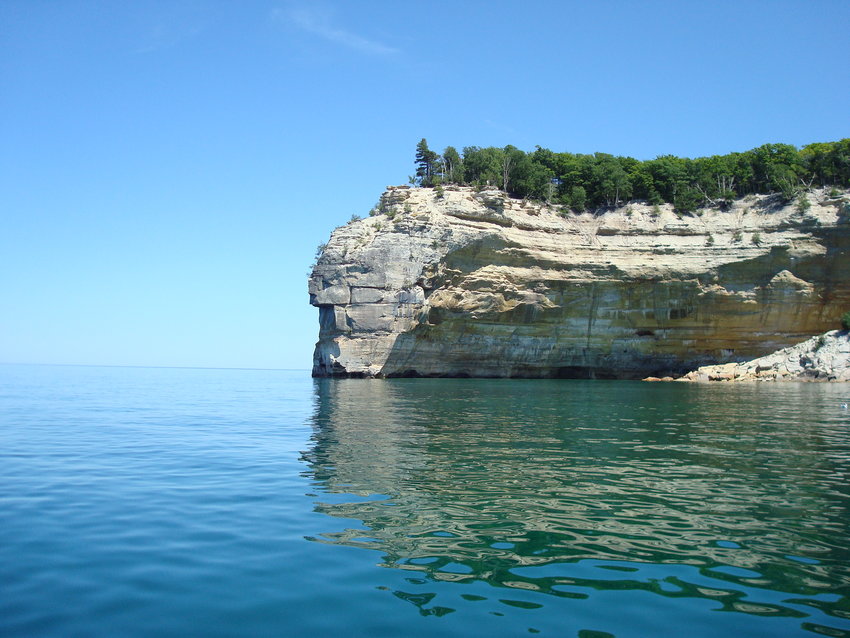
LANSING — It’s early days for the Trump administration, but environmental advocates throughout Michigan are already alarmed about the future of the state’s public lands and natural resources.
Mike Berkowitz, legislative director of the Sierra Club’s Michigan Chapter, is one of many who view Michigan’s lands as particularly vulnerable under the new president and his controversial cabinet picks.
“The people that he’s been putting in a position of leadership are very concerning to us,” Berkowitz said, emphasizing the ties many of them have to corporate interests.
“We have seen a huge proliferation of money, largely from the fossil fuel industry, coming into politics and weighing into campaigns at the detriment of people who care about the environment,” Berkowitz said.
Sierra Club leaders said the environment has become a political issue in recent decades, although in the past, protection of natural resources was a bipartisan concern. Michigan conservation director Anne Woiwode pointed out that President Richard Nixon, a Republican, signed some of the nation’s key environmental legislation in the 1970s.
“It’s been very frustrating,” Berkowitz said, “because it doesn’t matter whether you’re a Republican, a Democrat, an Independent, Green Party, whatever — you probably care about having clean air and clean water.”
Trump campaigned for the Republican nomination under promises to eliminate the EPA, revive the coal industry and boost the fracking business. For those hoping to keep oil drilling out of Michigan’s natural areas and public lands, those campaign promises still echo.
The reclaiming of federal lands by states and private entities is another contentious issue that’s likely to come back up. Utah Rep. Jason Chaffetz recently proposed a bill which sought to transfer the ownership of about 3 million acres of land, only to withdraw the legislation due to a large public backlash.
Theresa Lark, executive director of the Mid-Michigan Environmental Action Council, said that although she recognizes the need for economic development, she is nonetheless “concerned about the profit-making motives that are behind the sale of public land.”
“There are national parks here in this state,” Lark said. “Are those going to be on the auction block? I mean, I don’t know.
“I understand that people want to see fiscal conservatism, but that doesn’t mean we have to plunder our environment,” Lark said. “It’s not about whether there’s an ‘R’ or a ‘D’ after your name, it’s about being responsible — being responsible to ourselves and future generations, and the planet.”
Using the Flint water crisis as an example, Lark added, “We’ve seen it firsthand what happens when all you’re looking at is the bottom line.”
Woiwode is among those concerned by the early efforts by the new administration to pull back on environmental regulations.
“The brakes that are being put on all aspects of environmental protection, particularly climate protection, are terrifying,” Woiwode said.
Woiwode said the Sierra Club, though officially nonpartisan, endorsed Hillary Clinton in 2016 once the two major party candidates were established.
“That was a very clear choice,” Woiwode said. “It was abundantly clear that we were not looking at somebody, in President Trump, who … had any sort of knowledge of what was going on.”
Woiwode pointed to Trump’s claims that climate change is a hoax as an example.
Similarly, Lark said she worries that the Trump administration’s use of gag orders on scientists and other experts will impede the spread of public knowledge about climate change, thus spurning any efforts to mitigate the effects of it.
“They should be telling us the facts as they know them, and not having to filter it through a political viewpoint that doesn’t want to recognize [climate change],” Lark said.
— LAINA STEBBINS, Capital News ServiceSupport City Pulse - Donate Today!
Comments
No comments on this item Please log in to comment by clicking here